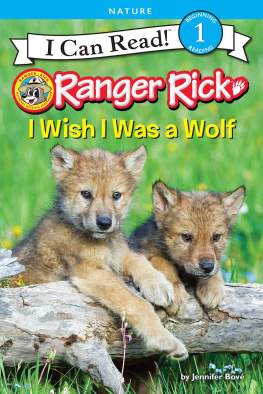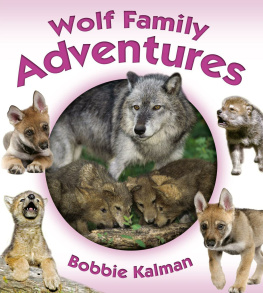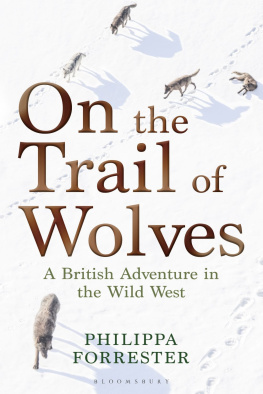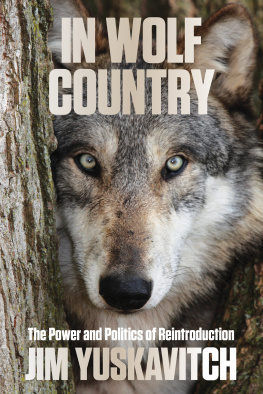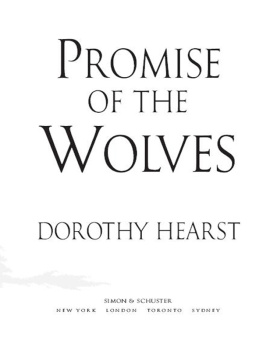THE WONDER OF
WOLVES
A Story & Activities
Revised edition
by Sandra Chisholm Robinson
illustrated by Gail Kohler Opsahl
Denver Museum of Natural History
and Roberts Rinehart Publishers
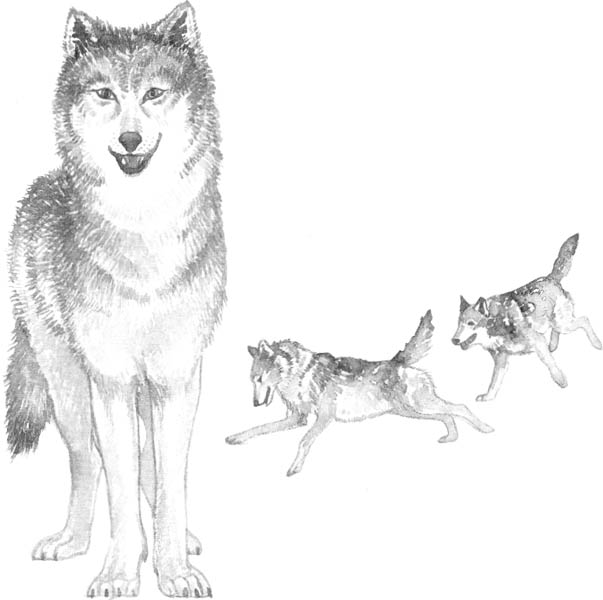
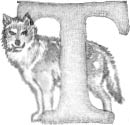
TO THE PARENT
The story, mask and activities in this book are to be shared and enjoyed by you and your child. We recommend that you read the story together first and then proceed with the activities. Although you may do the activities in any order, they have been designed so that the information grows in a logical fashion from one game or puzzle to the next. We hope that this book will be just the beginning of your exploration of the wonder of wolves!
CONTENTS
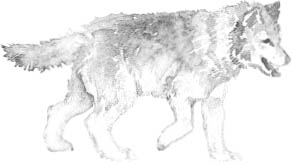
Copyright1997 Denver Museum of Natural History
Published by Denver Museum of Natural History, 2001 Colorado Blvd., Denver, Colorado 80205, and Roberts Rinehart Publishers, 5455 Spine Road, Mezzanine West, Boulder, Colorado 80301.
International Standard Book Number 978-1-57098-123-4
INTRODUCTION
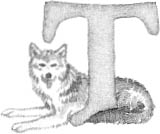
The following story tells of a special bond between people and wolves. The people are the Nuu-chah-nulth, the West Coast People (formerly known as the Nootka Indians). They lived on the west coast of Vancouver Island. (SEE MAP) This island is part of British Columbia, which is a province (like a state) of Canada.
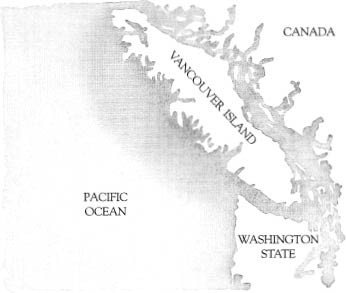
Although this story is fiction (written from the authors imagination), a portion of it was suggested from the childhood of a living North American Indian, Art Thompson.
Art Thompson is a west coast Canadian artist who continues the traditions of the Nuu-chah-nulth by singing family songs, learning the old stories, carving beautiful masks, and leading a wolf ceremonial dance.
The west coast people thought of the wolf as a friend... a brother. Today these people still believe in the strength and wonder of the wolf. May we benefit from the wisdom of the nuu-chah-nulth... before a friend, a wild brother is lost to us forever.
guide to pronunciation
Nuu-chah-nulth (new-cha-nulth) last syllable sounds like tooth with an N and L
tsumh (tay-sum)
Kwaht-yaht (kwhat-yacht) first syllable pronounced like what with a K in front
Kloo-kwalah (clue-qual-la) qual pronounced as in the word, quality
THE MASK OF THE WOLF
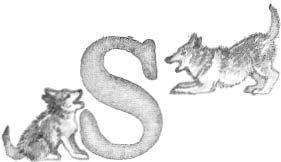
Squeals and laughter of the children filled the tiny attic. The old man, sitting in his chair on the floor below, looked at the ceiling and smiled. The sounds of his grandchildren were happy sounds. Suddenly one of the children shouted: tsumh! At once the house was quiet. The old man waited.
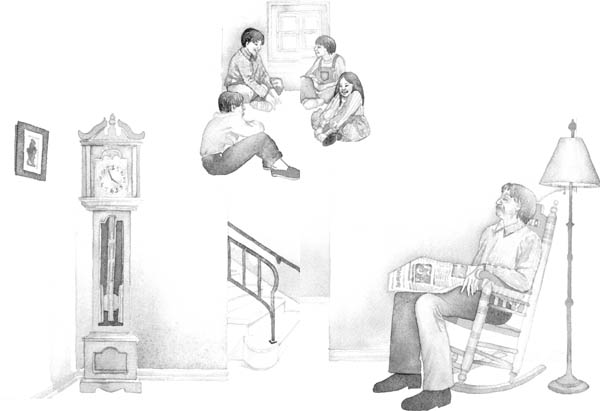
As a boy, he too had played this game. He imagined the scene in the attichis four grandchildren facing each other with folded arms and crossed legs sitting absolutely still, no smiles, no frowns, no expression at all on their young faces. Then someone would blink, the corner of a mouth would twitch and, unable to hold it in any longer, one of the children would burst into laughter with the others joining in.
While the children were occupied with a quieter game, the old man rested his head against the faded back of the chair and fell asleep.
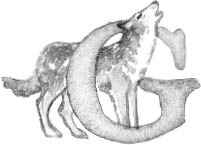
Grandfather, grandfather, look what we have found!
The old man awoke with a start.
The four children pounded down the narrow staircase leading from the attic. The first child carried in his arms something large and long. It was made of wood and had the face of an animal. Its large eyes were painted black; the end of its long snout was rounded and black; and its many teeth were white. Long, brown strands of soft cedar bark swung from the top of its head. The small child staggered under its weight. The old man caught his breath, for as the child felt for the last step, he stumbled and the wooden mask crashed to the floor.
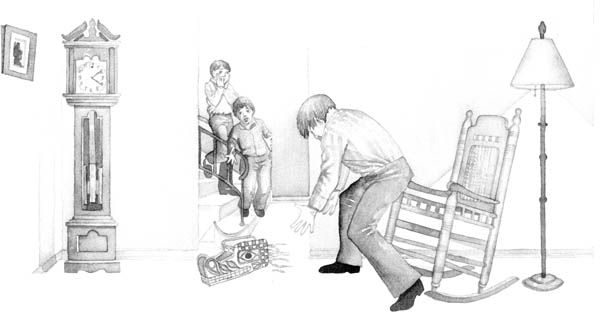
With a cry the old man jumped to his feet. He ran to the mask and gathered it gently into his arms. The lines of his wrinkled face deepened and his eyes flared with anger. You have shamed me by your behavior. Have I not taught you respect for the old things? The old man rubbed the wooden muzzle. Go home. Tell your parents what you have done.
Heads lowered, the children left the house and gently closed the door behind them.
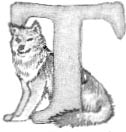
The old man grunted with the effort of climbing the stairs. Slowly he made his way to the back of the cluttered, musty attic. With a sigh he sat down in a worn chair and cradled the mask in his arms. He closed his eyes and softly hummed a song of his people. He stroked the rough wood of the mask, and old memories spoke to him. With a smile, he remembered a special day years ago when he was a boy. He turned his head to the side; he could almost hear the taunting voices of his friends as they searched for him that day...
Kwaht-yaht is bald! the dark-haired children shouted.
Aw, come on, lets go back to the village, the largest of the boys said. He will never give away such a good hiding spot. He has probably played another trick on us. Remember the time we searched and searched, and then found him back at the village? He is probably eating sweet blueberries from his mothers basket right now while we sweat in the sun. He will not fool us a second time.
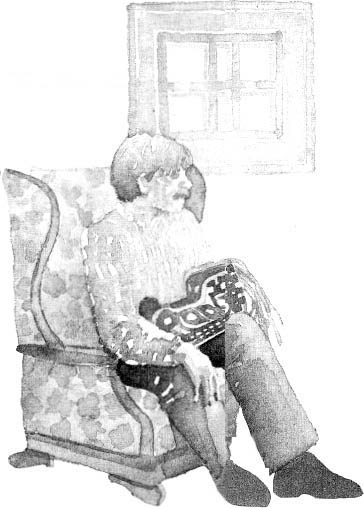
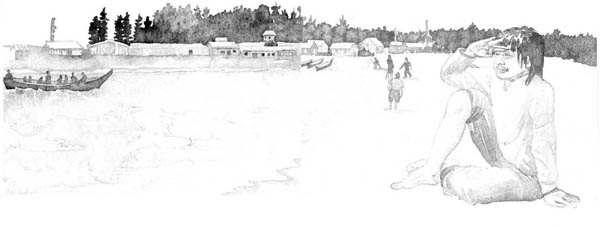
In his hiding place, Kwaht-yaht covered his mouth so that he would not laugh out loud and give himself away. He watched as the children turned their backs on him and trudged away in the sand.
When they were well out of sight, Kwaht-yaht crawled out of his hiding place and shook the sand from his shoulder-length black hair. He stretched and walked to the waters edge. He waded into the surf. It was icy cold even in the middle of the summer.
Kwaht-yaht loved this time of the year. In spring the people moved from their winter village to the outside beaches. Their long wooden houses lined the banks, and their slender, cedar canoes graced the shoreline.
Next page

